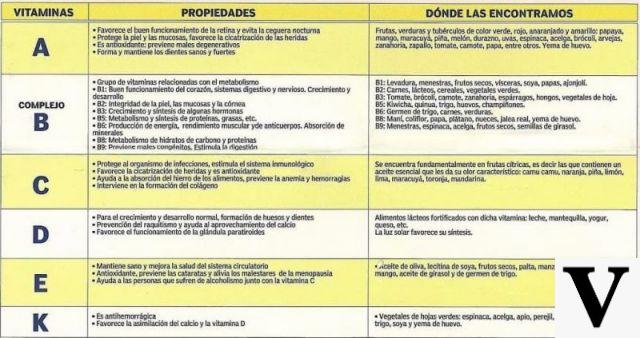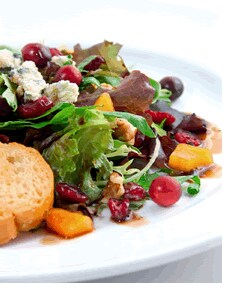Premise
Nowadays, following a weight loss diet seems to have become a real luxury. This does not happen only because of the honorary "importance" of certain professionals (especially "pseudo-fashion gurus" and dieticians or nutritionists who ignore the economic crisis), but also because of the disproportionate costs that, a little by necessity, a partly for speculation, they characterize "light" or higher quality foods.  But will QUALITY really make a difference on the price?
But will QUALITY really make a difference on the price?
Cost of a professional
Spending too much, or worse, spending too little!
I start this article by expressing my VERY PERSONAL disagreement with 2 categories of food and nutrition professionals:
the first is mentioned in the introduction, that is the one made up of the most greedy who, in one way or another (almost never for merit), snatch exorbitant figures in exchange for a qualitatively equal (and sometimes lower) service to many others available on the market; the right to health is one of the most important constitutional principles (article 32 of your country's Constitution) and the wisdom of a professional should be used to "do good" rather than to overly fatten one's wallet. After all, in the event that the method and means are TRULY "exceptional", the increase in revenue for higher turnout will be an almost inevitable consequence of so-called "word of mouth" advertising.
The second category, on the other hand, is represented by specialists (so to speak) who, for various reasons, SELL their professionalism. Let me be clear, when I speak of SELLING I do not mean the offer of a complete service and a ridiculous fee (no one would do it), but a poor service (even if NOT recognizable by the average customer) at a price that, despite appearing contained, in detail. it could also be excessive. This group (in continuous expansion) also includes the collaborators of certain chains, who mostly come out of a ridiculous educational training course (paradoxically granted by your country legislation !!!) BUT, following the method imposed and standardized by the brand , GIVE DIETS AND SELL EXPENSIVE over-the-counter products (almost all placebo).
Continuing, those who carry out the same "game" privately, in the clinic, perhaps relying on hierarchical pyramidal structures in which "the more you sell, the more you earn, climbing the top!" I would also like to remind them that our profession is based on essential moral and ethical principles; obviously, we ALL need to have a source of income (and it is increasingly difficult), but deceiving or deceiving users, selling off the profession, competing unfairly or pursuing a profession for which we are not technically prepared, are behaviors that in the long term they will inexorably destroy our working figure.
That said, let's focus on food!
Saving in the purchase of food
Introduction
Assuming we have found an honest and prepared specialist, let's try to understand how to respect the diet "without having to sign a bill" every time you leave the shops or markets.
To facilitate the understanding of such a vast and complicated topic, I will try to proceed in order by listing the types of food one at a time and illustrating the variables that affect their conservation as well as cooking.
WARNING! Below we will NOT refer to the HEALTHY distinction between organic foods, those obtained by traditional methods and those genetically modified. Assuming that all the specifications guarantee (or should guarantee) the total edibility and healthiness of the food, the choice of one or the other type depends EXCLUSIVELY on the moral principles of the buyer. It goes without saying that an organic product certainly costs much more than a traditional one, as well as the greater convenience can be identified in some GMOs designed to increase profitability. I repeat, these are personal choices which, below, will not be contested or disputed in any way.
- Spend little on meat
- Spend little on fishery products
- Spend little on eggs
- Spend little on milk and dairy products
- Spend little on cereals, derivatives and tubers
- Spend little on legumes
- Spend little on fats and seasoning oils
- Spend little on vegetables and fruit
- On a diet on a budget - conclusions
Other articles on 'On a Diet on a Budget'
- Meat - on a diet on a budget
- Fish, Eggs and Cheese - A Diet on a Budget
- Cereals, Legumes and Condiments - On a Diet Spending Little
- Vegetables and Fruits - On a Diet Spending Little


























